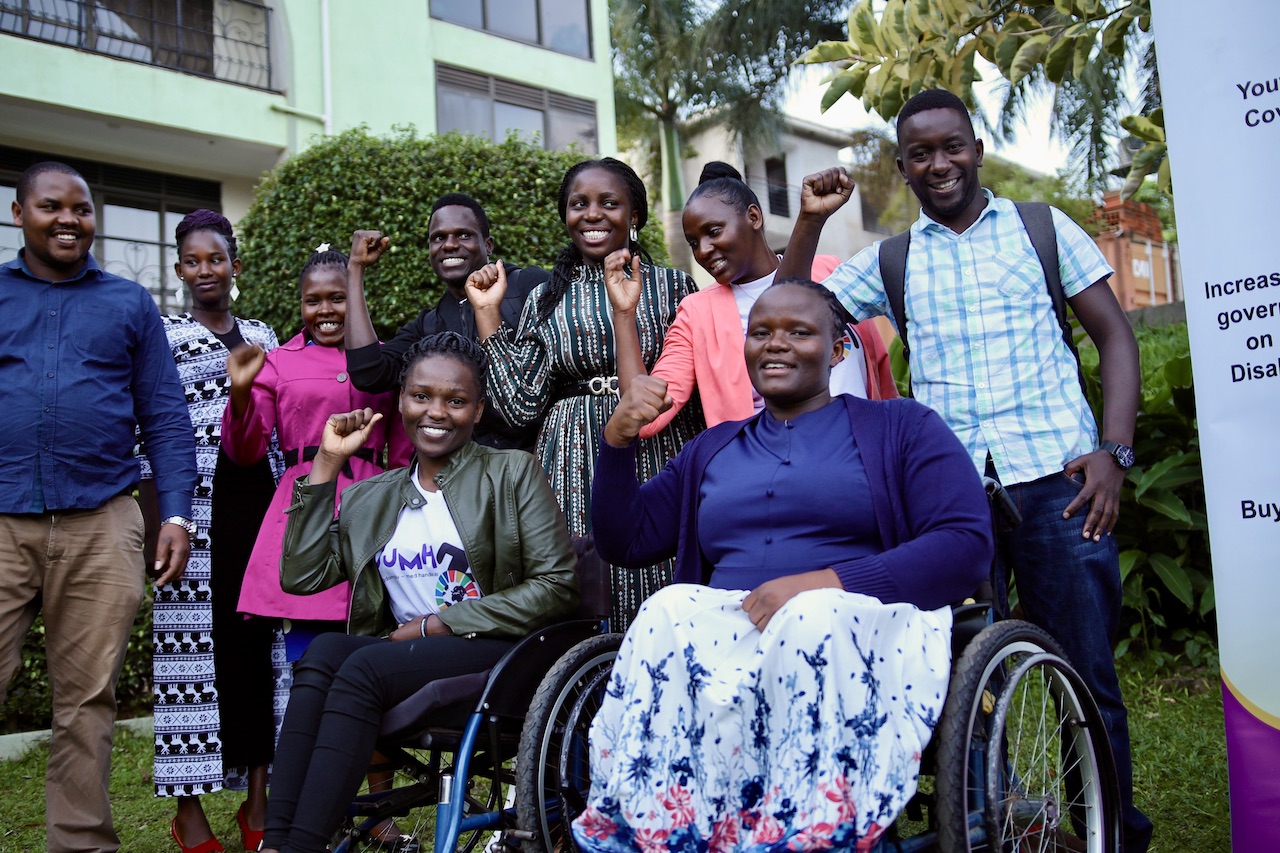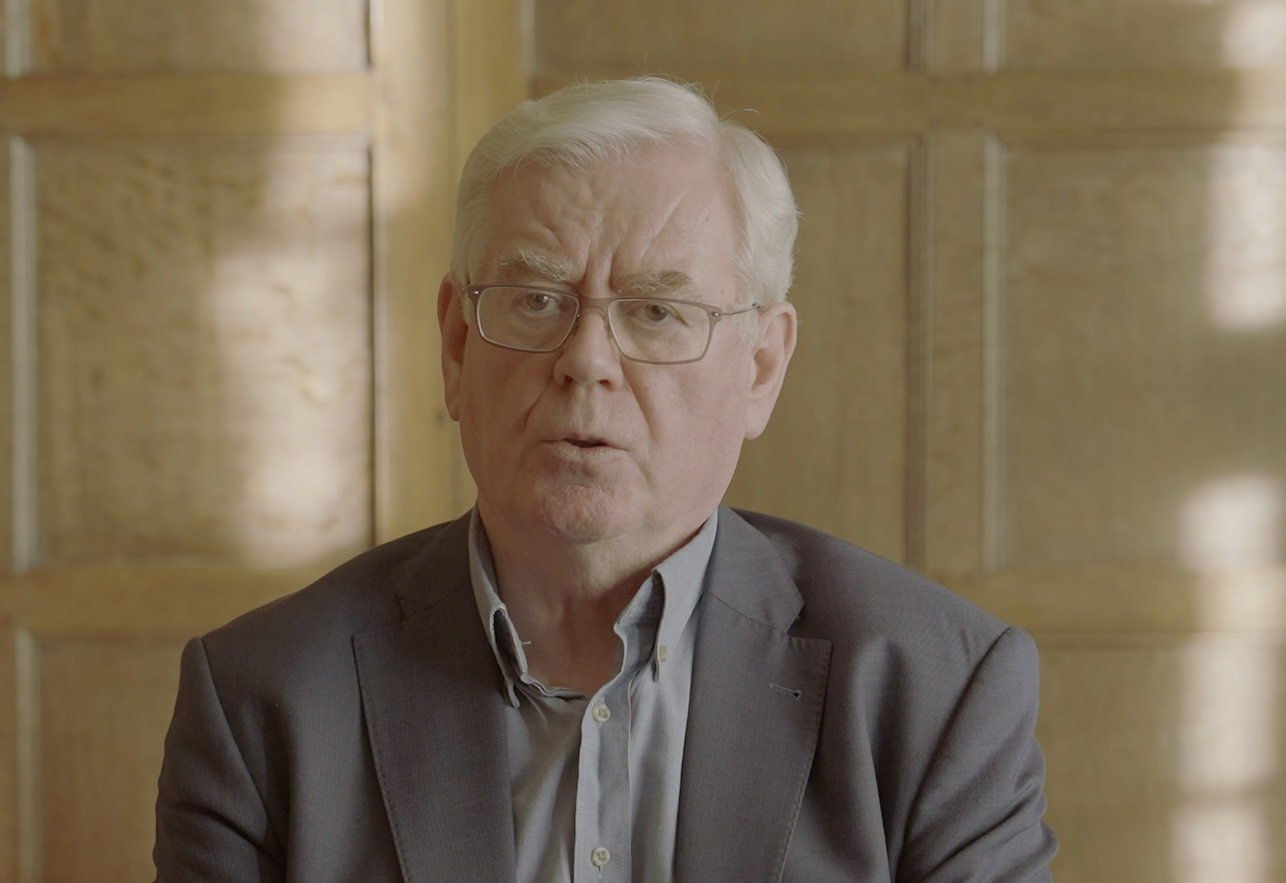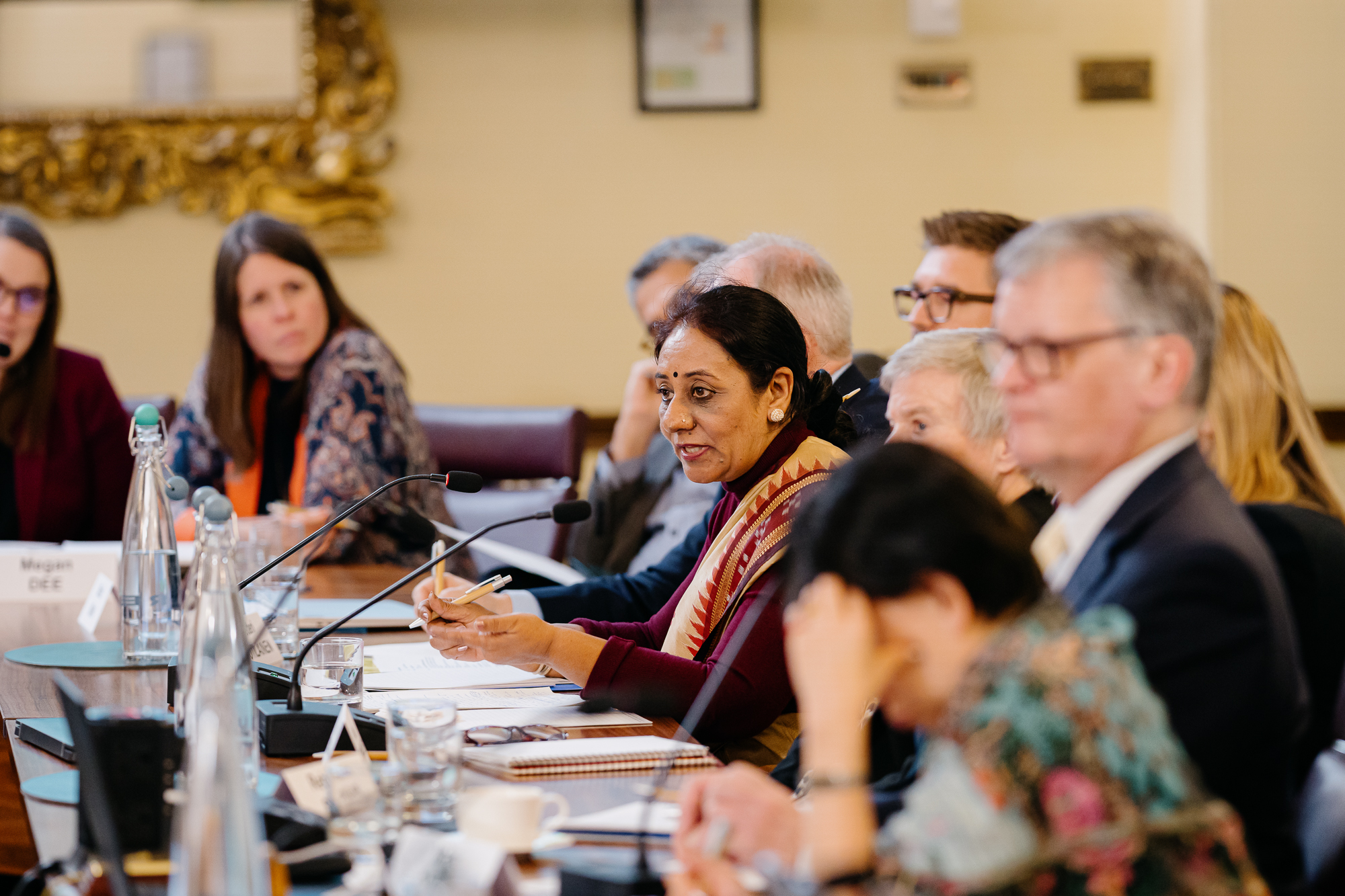According to the World Health Organization, one in four people in the world will be affected by mental or neurological disorders at some point in their lives. Around 450 million people currently suffer from such conditions, placing mental disorders among the leading causes of ill-health and disability worldwide. Post-Traumatic Stress Disorder (PTSD) is one of the most common psychiatric disorders around the world. Societies experiencing violence, war, and natural disasters are particularly vulnerable to PTSD.
There is significant and growing understanding of PTSD as a medical priority. Governments are increasingly aware of the damage mental health plays on a national scale, and analysts are beginning to quantify the impact that it has on economies. Its impact on individuals and their families can be life changing and continue for decades.
Neurobiology is one of the most important pillars of PTSD research. It studies the neural mechanisms related to PTSD, and provides a potential platform to understand better the human brain’s response to this disorder, as well as how to treat it. Neurobiology will help to find solutions to one of the most important medical challenges, but PTSD still suffers from lack of funding and not enough active interest from drug companies. This is an area where a spirit of innovation and international collaboration could make a difference.
The meeting brought together leading neuroscientists and psychiatrists from the UK, Israel and additional countries, to explore two main domains:
- The scientific aspects of PTSD, leading to a better clinical and scientific understanding of the phenomenon, from a neurobiological perspective. This includes sharing existing data from cutting edge human and animal studies; redefining PTSD and discussing its diagnosis; examining PTSD in different settings around the world; and exploring current treatments.
- The practical implications of current Neuro-PTSD science. Risk factors will be discussed and novel diagnosis and treatments for PTSD explored.
The meeting aimed to:
- Increase the overall awareness and importance of PTSD and in particular, the contribution of Neuroscience research in this field
- Provide a platform for scientists and actors involved in the research of neurobiology of PTSD to share ideas and best practice that could help to address the current scientific and clinical challenges, especially in developing countries
- Establish and strengthen scientific partnerships between leading researchers. Multinational scientific collaboration is crucial in PTSD research, as case studies and data from different regions are needed for a better understanding and treatment of the disorder












